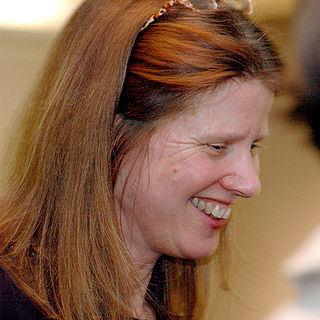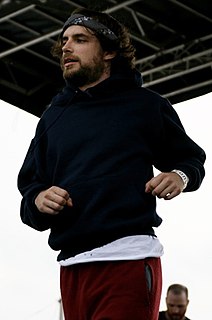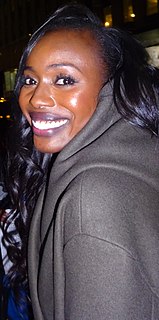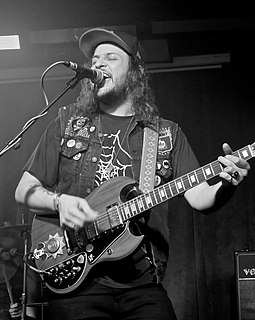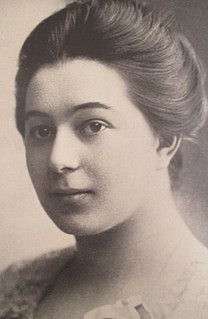A Quote by Karan Mahajan
When I had worked on my first book, I had readily shown bits and pieces to everyone - for encouragement, to force myself to write.
Related Quotes
I always knew from the beginning that this was the only way to write Then We Came To The End - that it had to be in first - person plural if it was going to illustrate how the individual becomes part of the collective. I had no interest in writing the book in a more conventional voice. It goes back to that fascination I had with telling a story in multiple ways. It was the only choice I gave myself, really - I said "This is it, pal. If you can't tell a story this way, you're going to have to abandon the book. Write it this way or give up."
The hardest bits of my book to read were the easiest bits to write because they were the most immediate. Probably because I had never stopped thinking about them on some level. Those bits I was just channelling and those were the most exciting writing days. The bits I found harder were the bits that happen in between, you know, the rest of living. There were whole years, whole houses, that I just got rid of.
Writing my first book, I think in hindsight I went into it saying, 'It's gonna sell.' I was earning enough to scrape by sometime around a book or two before 'Tell No One.' I moved up from $50,000 to $75,000, then $150,000 for each book. I had never thought I would be doing anything else. I had enough encouragement.
I had written a book. For various reasons, the publishing industry had decided that my book was going to be 'important.' The novel had taken me 12-and-a-half years to write, and after being with the book for so long, I had no real perspective on the merits or demerits of what I had written. I hoped it was good, but feared that it wasn't.
For many years I wanted to be a rock star but of course that didn't work out. I did however write on napkins and pieces of paper sentences and occurrences. I decided maybe I should write a book because I had been writing so much. I'm actually writing a book based on The Room that will hopefully be published soon.
I thought of all the magazine article I'd read on mothers who worked and constantly felt guilty about leaving their children with someone else. I had trained myself to read pieces like that and silently say to myself, 'See how lucky you are?' But it had been gnawing at the inside, that part that didn't fit, that I never let myself even think about. After all, wasn't it a worse kind of guilt to be with your child and to know that you wanted to be anywhere but there?
I had read [Charles] Dickens's novels were often published serially. I thought it would be fun to write a book, just sitting down and writing a chapter every day, not knowing what would happen next. So that's how I wrote the first draft. And then of course I had to go back and make sure everything worked and change things.
About 1911 I had the idea of making for my son, who had just been born, a blanket composed of bits of fabric like those I had seen in the houses of Russian peasants. When it was finished, the arrangement of the pieces of material seemed to me to evoke cubist conceptions and we then tried to apply the same process to other objects and paintings.











